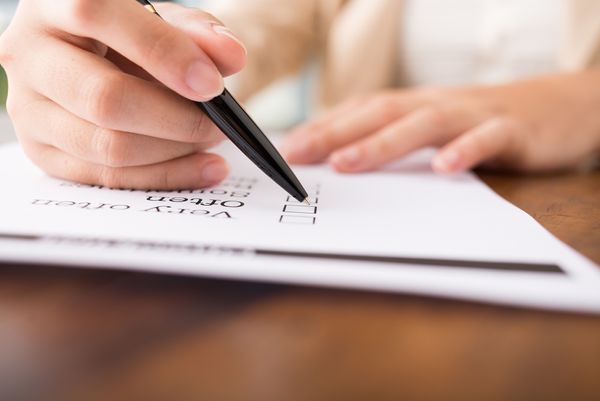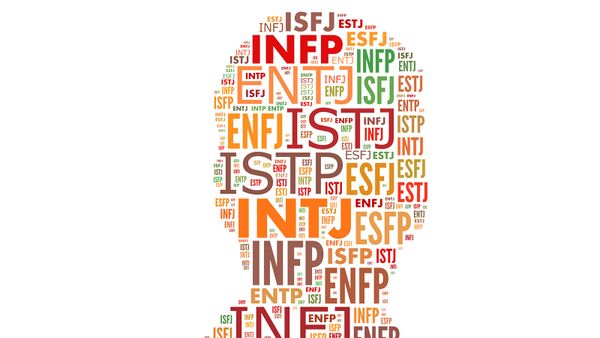
What's stressful to one person may be all in a day's work for another. The difference appears to lie in our perceptions of various events. Mental health professionals believe personality plays a significant role in how we perceive stress.
People with "Type A" personalities, for example, are rushed, ambitious, time-conscious and driven. Studies suggest these traits, if not properly managed, can create stress-related illnesses. In contrast, the "Type B" personality is a much more relaxed, less time-conscious and driven person. Type B personalities are able to view things more adaptively. They are better able to put things into perspective, and think through how they are going to deal with situations. Consequently they tend to be less stress-prone. Wondering what personality type you are? Who knows you might be the rarest personality type? Find out more about how personality tests work.
Advertisement
The Development of Personality Type
But where do these differences in personality come from? A variety of social, biological, psychological and behavioral factors influence the development of our character. Scientists agree that a largely genetic personal chemistry, or in-born temperament, influences an infant to react to its environment in ways that can be assertive or shy. Such tendencies are further influenced by experiences. The combination of inheritance and experience form an individual's characteristic way of behaving, feeling and thinking — his personality.
Studies also show that men and women handle stress differently — a difference that some scientists attribute, in part, to estrogen. This hormonal difference may also account for the fact that women are three times more likely to develop depression in response to the stress in their lives than are men. Women, unlike men, also tend to have stronger social support networks to which they turn during times of stress. These social supports may help explain why women, in general, seem to be better able to cope with stress than men.
Advertisement

